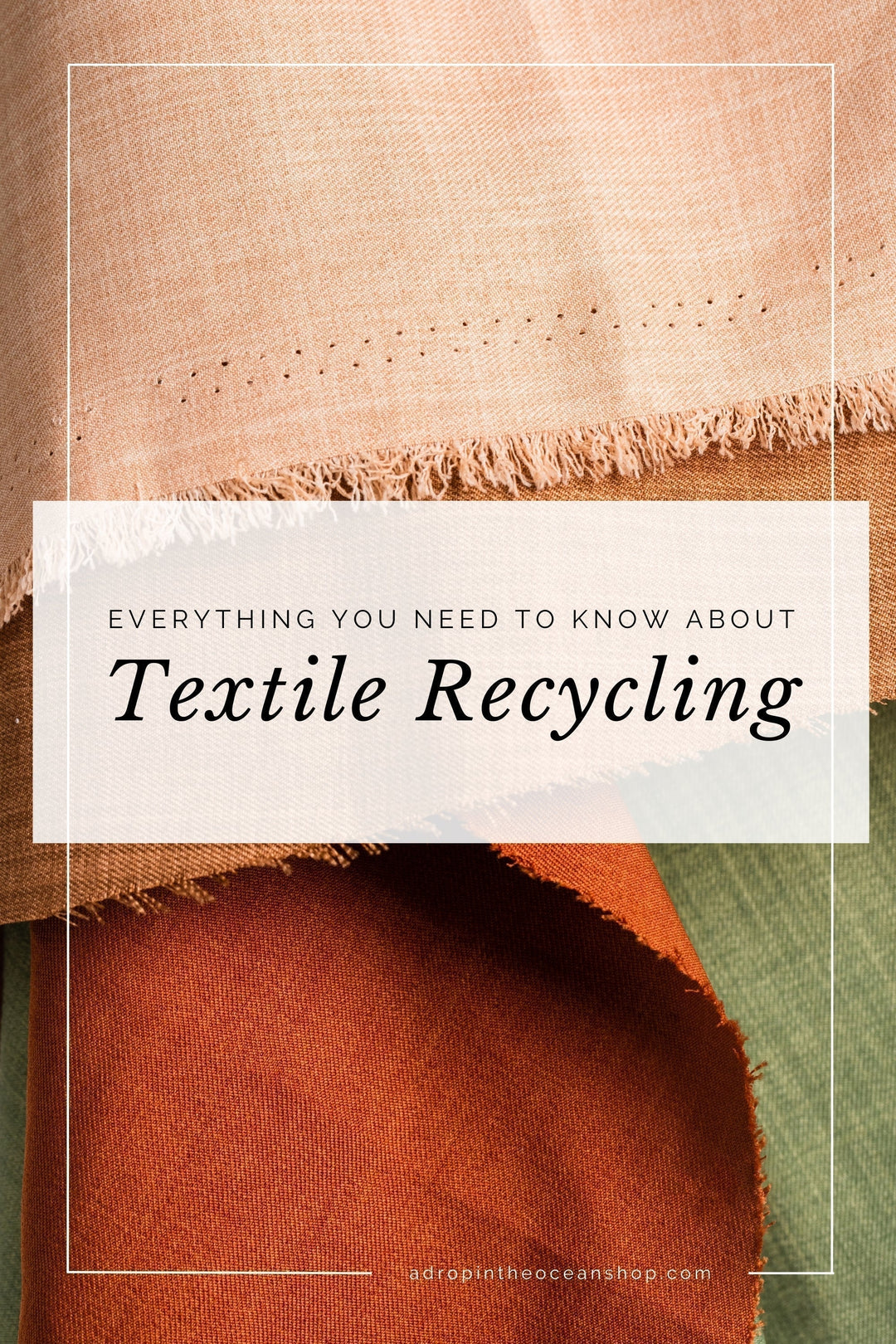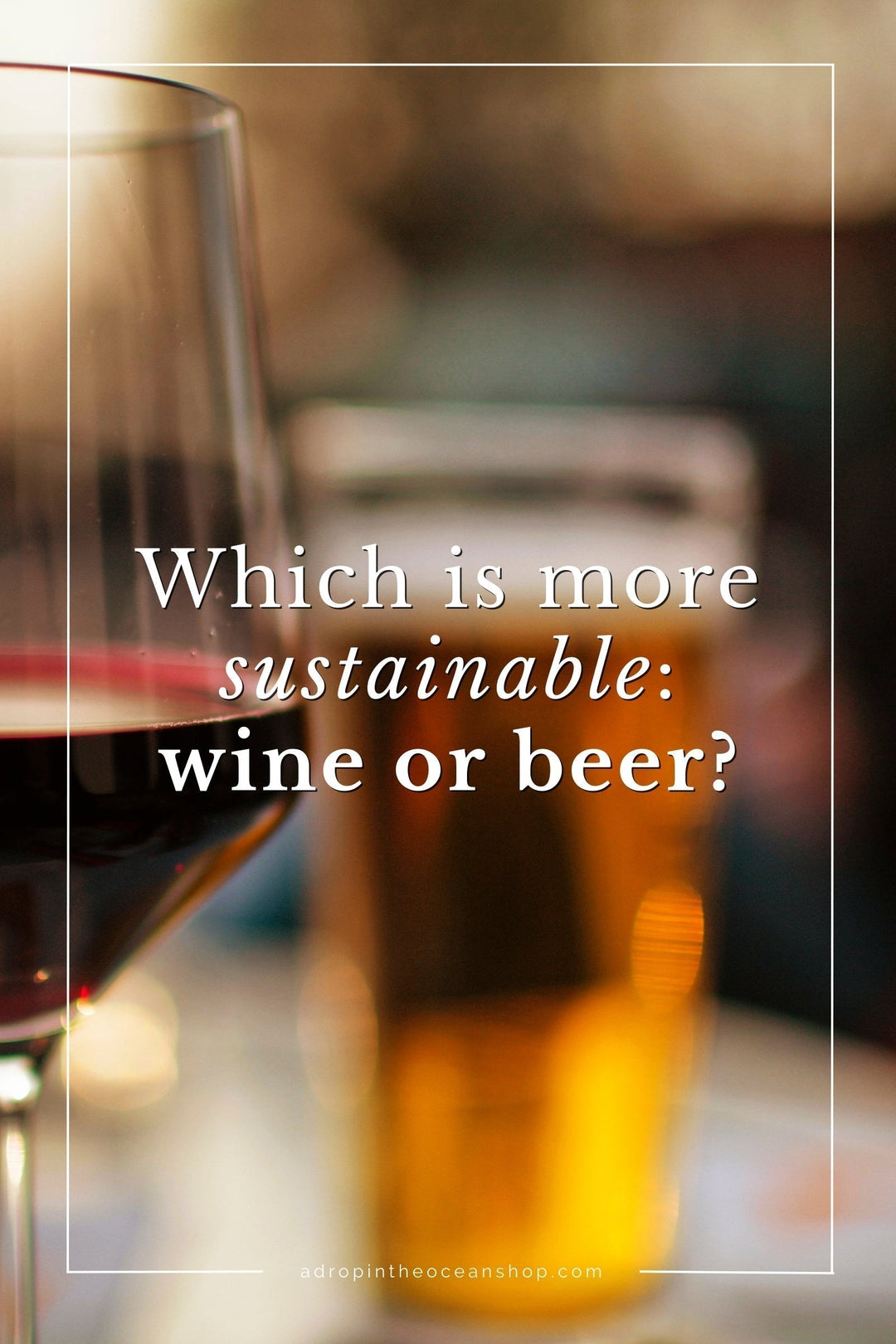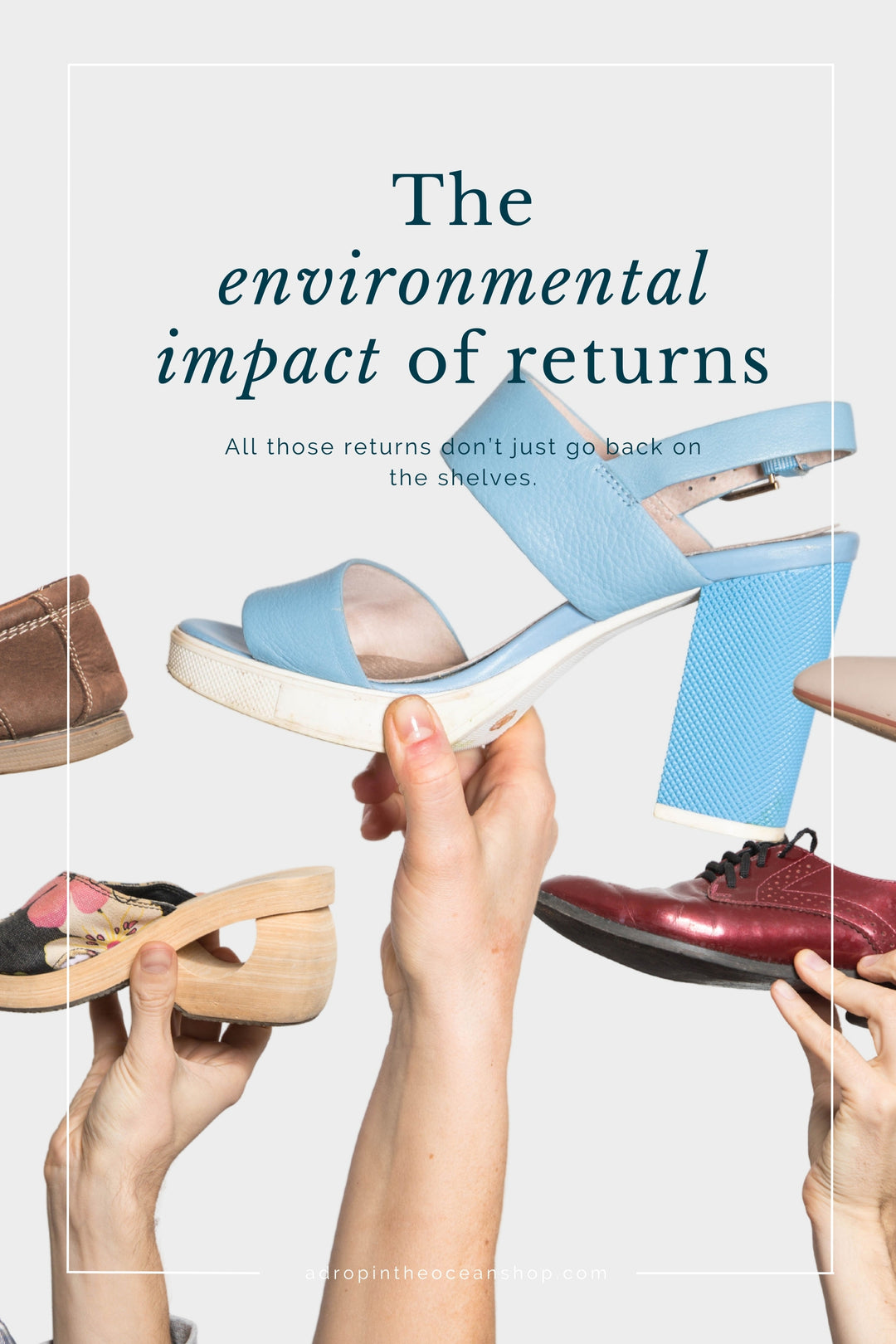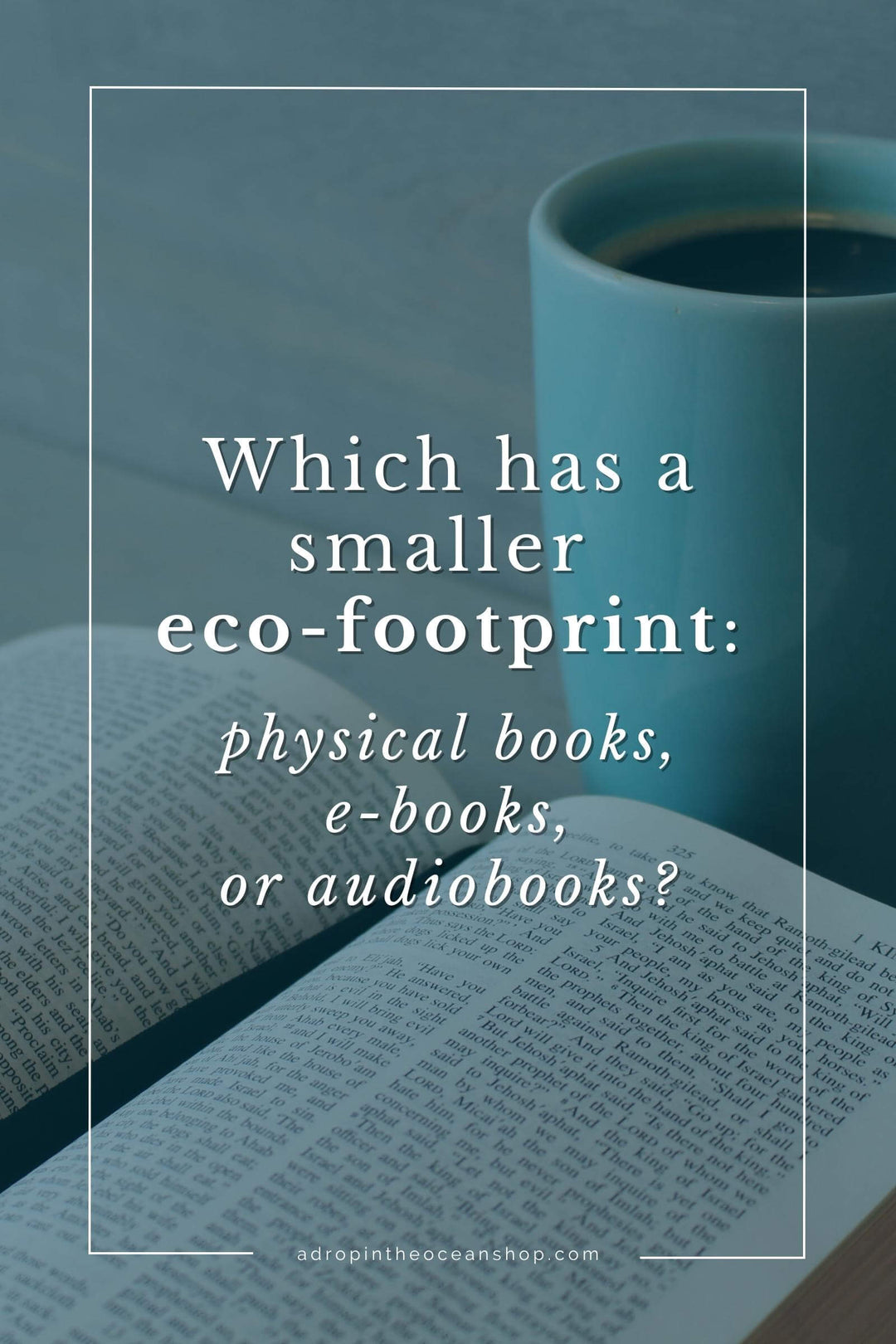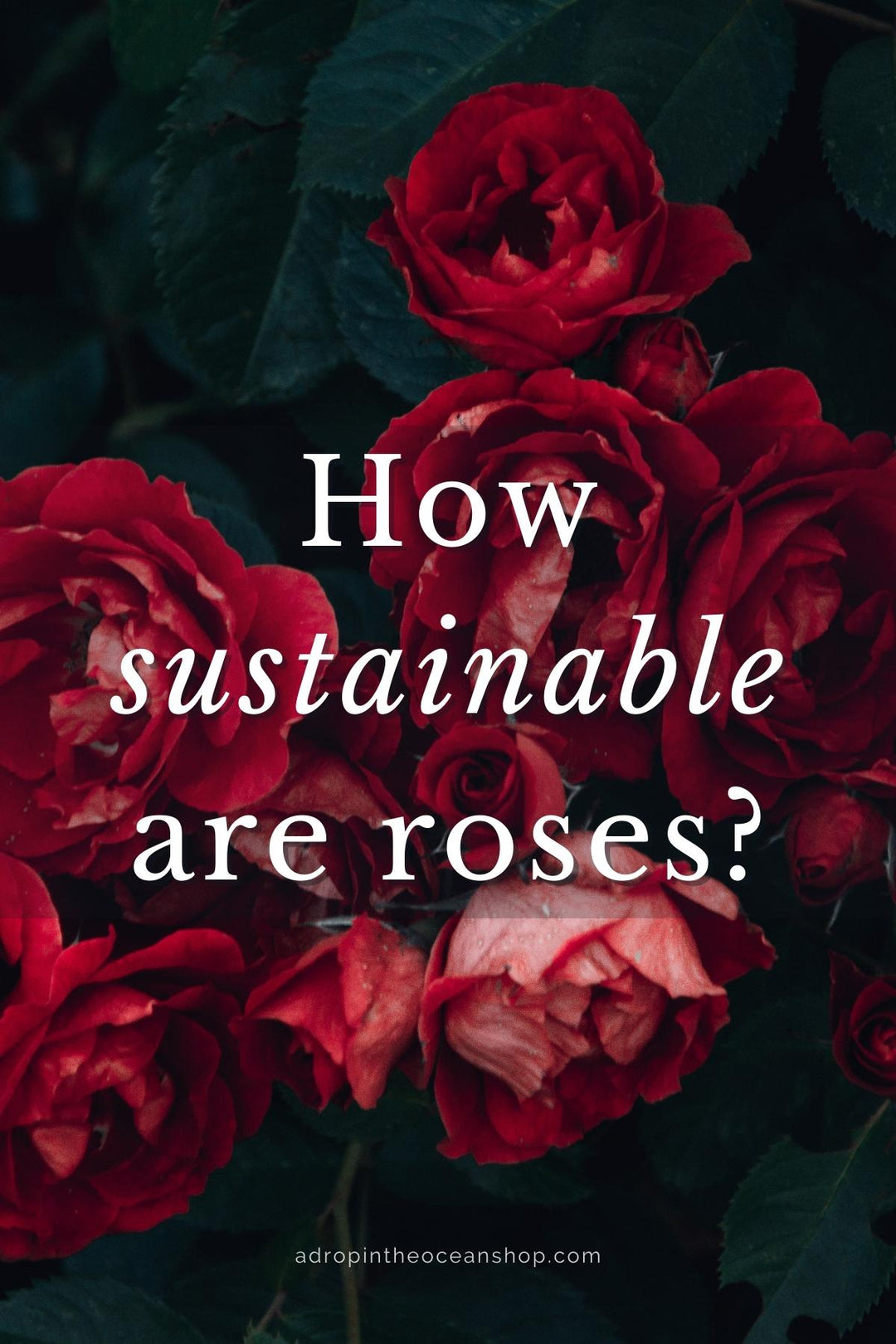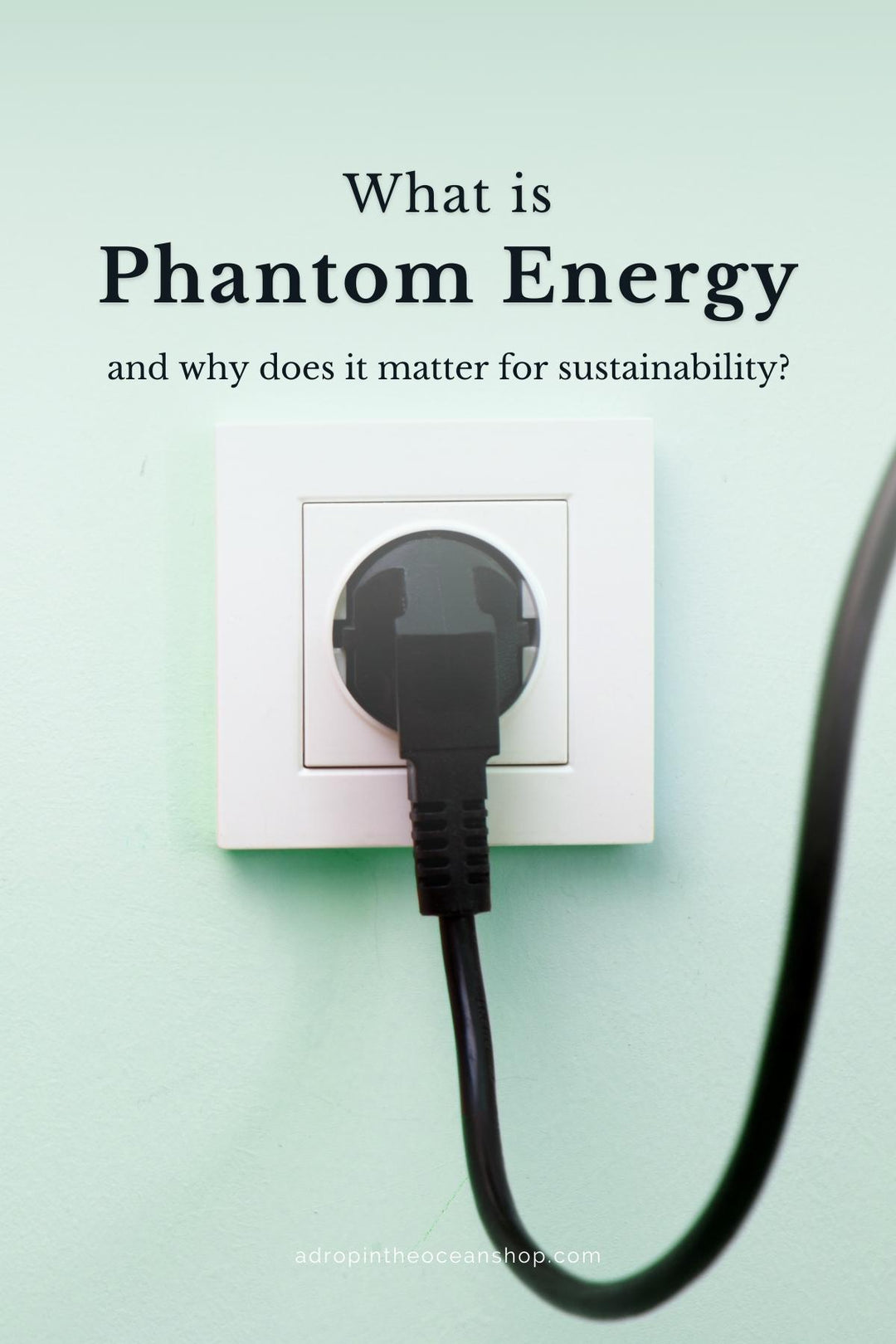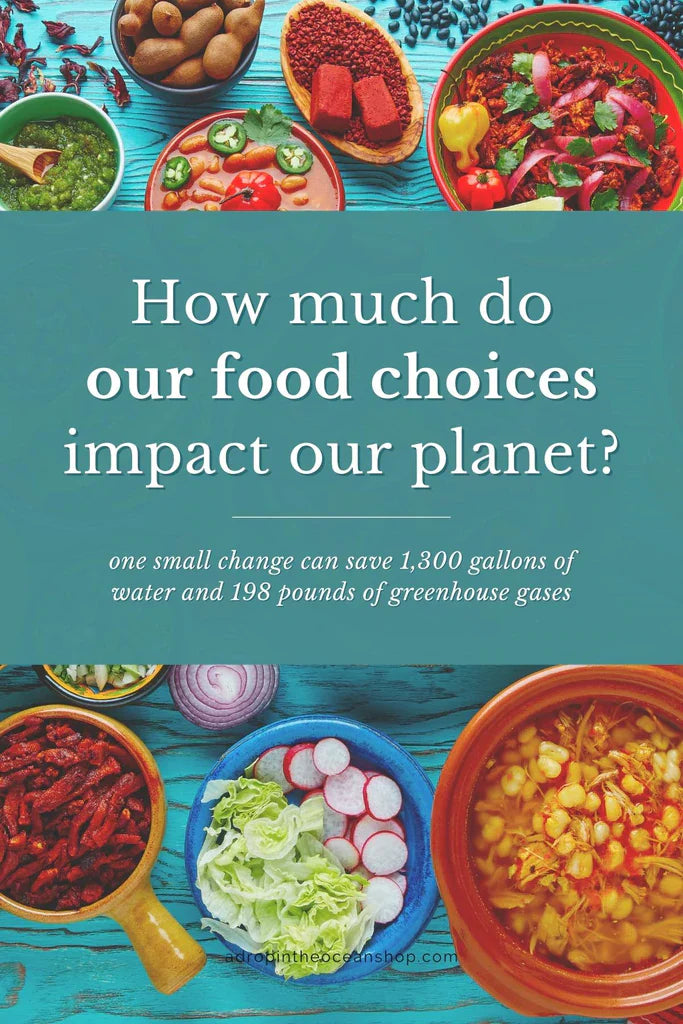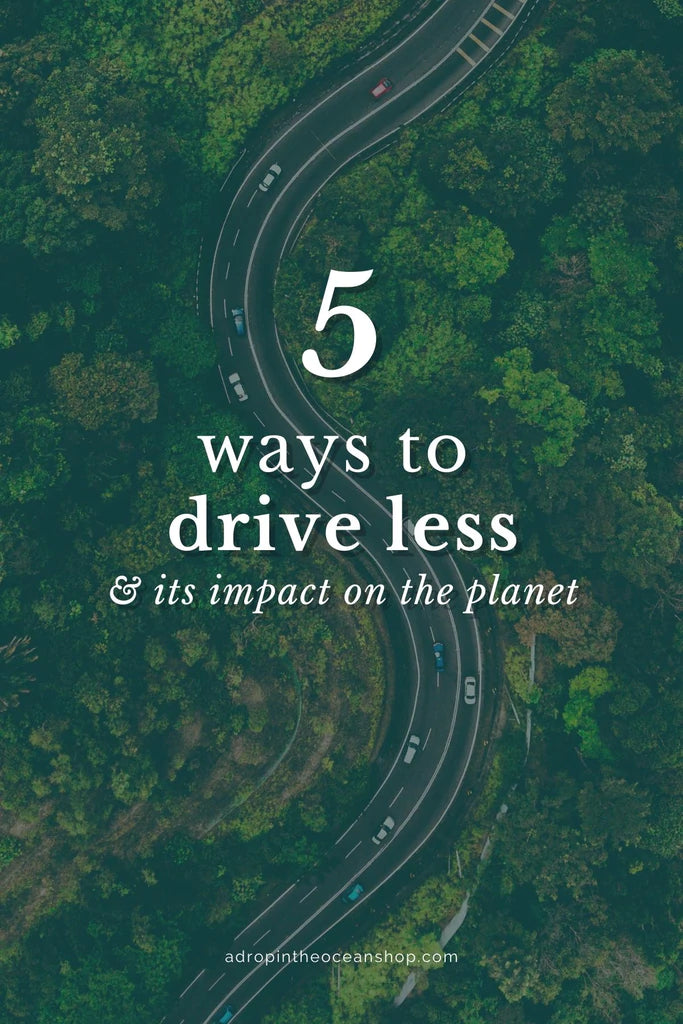Blog
I have received countless questions about what to do with old, worn out clothes, and my answer has always been somewhere along the lines of “throw them in the trash can.” But are there better options? Does true textile and clothing recycling exist? Or are we all out here being bamboozled by companies trying to exploit our desire to do good? Let's dive into it.
Today is a big one - Earth Overshoot Day. It's the day each year that marks when we have used as many resources as the earth can provide us. But what does that actually mean, why does it matter, and what can we do about it?
Our business model is built on circularity, but is it *really* more sustainable to ship empty jars and bottles back to us to reuse rather than just recycling them locally? Short answer: yes! Longer answer: let’s dive into it.
Today, I wanted to take a look at how much money we’re currently spending to deal with all the trash we’re throwing away, compared to how much it would cost to prevent that waste from being produced in the first place. In short… What is the cost of preventing waste instead of dealing with it after it's made?
This week’s topic is one of those, “Does it *really* matter, Krystina?” kinda topics, but also just a lot of fun to think about and super interesting to research. In honor of International Beer Day this Friday, today we’re talking about the sustainability of wine versus beer…because why the heck not?? 😄
When I saw “Drying hands with paper towels vs air dryer,” on my potential list of blog topics, I thought to myself, “That shouldn’t be too complicated! I’m sure there are plenty of studies that give a clear answer to that!” Oh how wrong I was, friend... How wrong I was…
With the holidays upon us, I thought it might be time to talk about returns. It happens - sometimes we buy or receive things that just aren’t what we expected, and our first reaction is typically to send it back. But what happens to all of those returns? Are they really going to be sold as new, no harm done? Let’s dive into it.
Last week I had a truly bewildering interaction on Instagram. Which got me wondering...where's the "yes, and..." in the sustainability movement? We're all fighting for the same thing, so let's stop fighting each other. Here's the full story.
It’s officially that time of year when the leaves are changing color and starting to fall onto our lawns. As they start to accumulate over the grass, you may be tempted to rake them all up into piles, toss them in some bags, and leave them on the curb for trash pickup. But is that really the best way to manage the increased [natural] debris? Let's talk about it!
How much more sustainable are reusable items versus disposable? What a great question! Let's take a look at paper towels and how much water we can save by making the switch to reusables.
What do phantoms and vampires have to do with zero waste? It’s all got to do with energy use. Because remember, zero waste is about more than physical waste. It’s about wasted time, wasted energy, and wasted resources. Phantom energy, or vampire power, is the energy your electronic devices are always consuming, even when they’re turned off or not in use, and all that phantom energy can add up quickly.
It takes intention to change food habits. They’re ingrained in our culture. So rather than use this space to say we should all go vegan or we should all go vegetarian, what if instead we each ate one less pound of meat each week? How much would it really matter?
Nearly a third of all of the United States’ greenhouse gas emissions are from transportation. About a sixth are from our everyday vehicles. That’s a huge portion of our emissions just from one aspect of life - getting from Point A to Point B! The good news is, we don’t need everyone to stop driving to make a sustainable difference. Do this instead.






